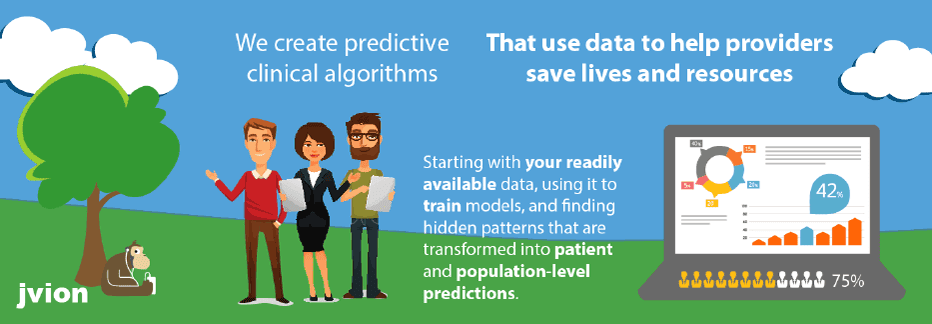As digital transformation makes its presence felt in the healthcare sector, patients are positioned at the receiving end of all the benefits. With the integration of artificial intelligence with clinical data and processes, the entire medical system is going to be lifted to provide the next level of healthcare services.
As AI models focus firmly on delivering the most positive patient outcomes, the whole healthcare system also pivots to become more patient-centric.
Here is a look at how patient experience will be enhanced with Healthcare analytics –
- Improved bedside assistanceBedside patient rescue (BPR) is an area that has experienced positive outcomes with the introduction of AI in healthcare – hospitals have reported a drop of 8% in mortality due to timely detection and faster patient intervention. The AI-based models measure the deterioration risk for all patients in the hospital, and alert caregivers in case intervention are needed.
- Overall better patient care and experienceMore active patient engagement is linked directly to positive health outcomes! To achieve higher patient impact, clinical AI identifies gaps in patient care, which might lead to a negative hospital experience for the patients and their family. By aligning patients’ needs and values with the care provided, smart healthcare systems drive the entire healthcare system towards a patient-centered care model.
- Continued care outside the hospitalUsually, the work of hospitals ended once you walked outside its doors - the family or the primary physician took over and worked in isolation. Now with clinical AI, the care continues in an integrated and seamless manner which works towards keeping the patient healthy in the long term.
The healthcare sector, on the whole, is moving towards a patient-centered model. One key factor for achieving quality based care is the standardizing and measuring of patient experience and engagement, and it has been widely adopted by Centers for Medicare and Medicaid Services’ (CMS’s).
In this changing landscape, clinical AI models are of immense help to all stakeholders - healthcare administrators, caregivers, and patients.
